How are farmed animals being impacted by climate change?
Extreme weather is killing millions of animals raised for food — and the industry responsible is making the crisis worse, a new report finds.
Credit: CIWF/Martin Usborne
Governments are being urged to transform our “broken” food system, as a new report details the immense toll of climate crisis-linked extreme weather events on farmed animals, farmers’ livelihoods and food security.
The report, Climate Doom Loop: Factory Farming’s Toll on Animals, Farmers and Food, published by the animal welfare organization Compassion in World Farming (CIWF), calls on policymakers to substantially reduce livestock production, switch to more climate and nature-friendly farming practices, and ensure our food systems stay within planetary boundaries.
“Governments must take urgent action to reduce emissions and livestock production as well as meat consumption in richer countries, whilst also establishing proper plans for climate resilience,” said Anthony Field, Head of CIWF UK. “Farmers must move away from cruel, unsustainable factory farming and towards responsible climate - and nature-friendly practices, before it’s too late.”
The production of meat, dairy, eggs and other animal products produces more direct greenhouse gas (GHG) emissions than all the world’s planes, trains and cars combined. The Food and Agriculture Organization (FAO) states the industry is responsible for 12 percent of all GHG emissions, while other studies report the number as high as 19.6 percent.
Farmed animals for food production receive 73 percent of all antibiotics globally, ocean acidification because of farmed animal emissions, and livestock are responsible for 41 percent of deforestation, 33.6 percent of fresh water use and are the primary driver of habitat destruction (FAIRR, 2024).
Meanwhile global demand for animal-sourced proteins continues to rise, driven by population growth and shifting diets.
Pigs who survived Hurricane Florence and escaped their farm, swim through flood waters. Duplin County, Wallace, North Carolina, USA, 2018 Credit: Kelly Guerin / We Animals
While factory farming accelerates climate change, the animals raised in these factories are among the most vulnerable to the consequent disasters. Experts now say this is fueling a vicious cycle of floods, droughts and deadly storms, trapping animals, people and the planet in a “climate doom loop”.
“Millions of farmed animals are killed each year by floods, storms and heatwaves driven by climate change, yet the very system they are reared in is making the situation worse,” said Field. “These increasingly common extreme weather events are also catastrophic for people, food security and farmers’ livelihoods. Simply put, we’re trapped in a doom loop.”
The report features eleven case studies from countries around the world, including Brazil, Nigeria, the United States, Vietnam, and across Europe, exploring the impact of extreme weather events, including hurricanes, flooding and heatwaves, on farmed animals.
The case studies – just a snapshot of a much bigger picture – reveal that 14.8 million farmed animals have suffered and died as a direct result of the studied climate-linked weather disasters. This is a tiny fraction of the total number likely to be affected globally every year, noted the report.
Many animals trapped in cages were left to drown in floods or suffocate in heatwaves. “We’re leaving them to die or suffer in these extreme weather conditions that are, in fact, caused by the very industry” that confines them, Matthew Dominguez, U.S. director of CIWF told Sentient.
An estimated 2-5 million chickens were killed in one US state alone by Hurricane Helene in 2024, according to the report, while around 750,000 poultry died of suffocation and exhaustion during extreme heatwaves in France in 2023.
Meanwhile, 56.4 million people were impacted by the weather events, at an estimated global cost of $120 billion, according to the report.
“As climate change intensifies, extreme weather will become more common, causing further misery for animals and farmers and worsening food insecurity,” states CIWF. “Factory farming drives this cycle of suffering - and we’re all paying the price.”
Credit: CIWF
Learn more: See the full campaign page from CIWF and read more cases from around the globe.
Take action: Choosing a plant-based lifestyle is one of the most impactful choices you can make for animals, the environment, and your own well-being. Take Species Unite’s 30-Day Plant-Powered Challenge and be a part of a movement that's changing the world for the better.
We Have A Favor To Ask…
Species Unite amplifies well-researched solutions to some of the most abusive animal industries operating today.
At this crucial moment, with worldwide momentum for change building, it’s vital we share these animal-free solutions with the world - and we need your help.
We’re a nonprofit, and so to keep sharing these solutions, we’re relying on you - with your support, we can continue our essential work in growing a powerful community of animal advocates this year.

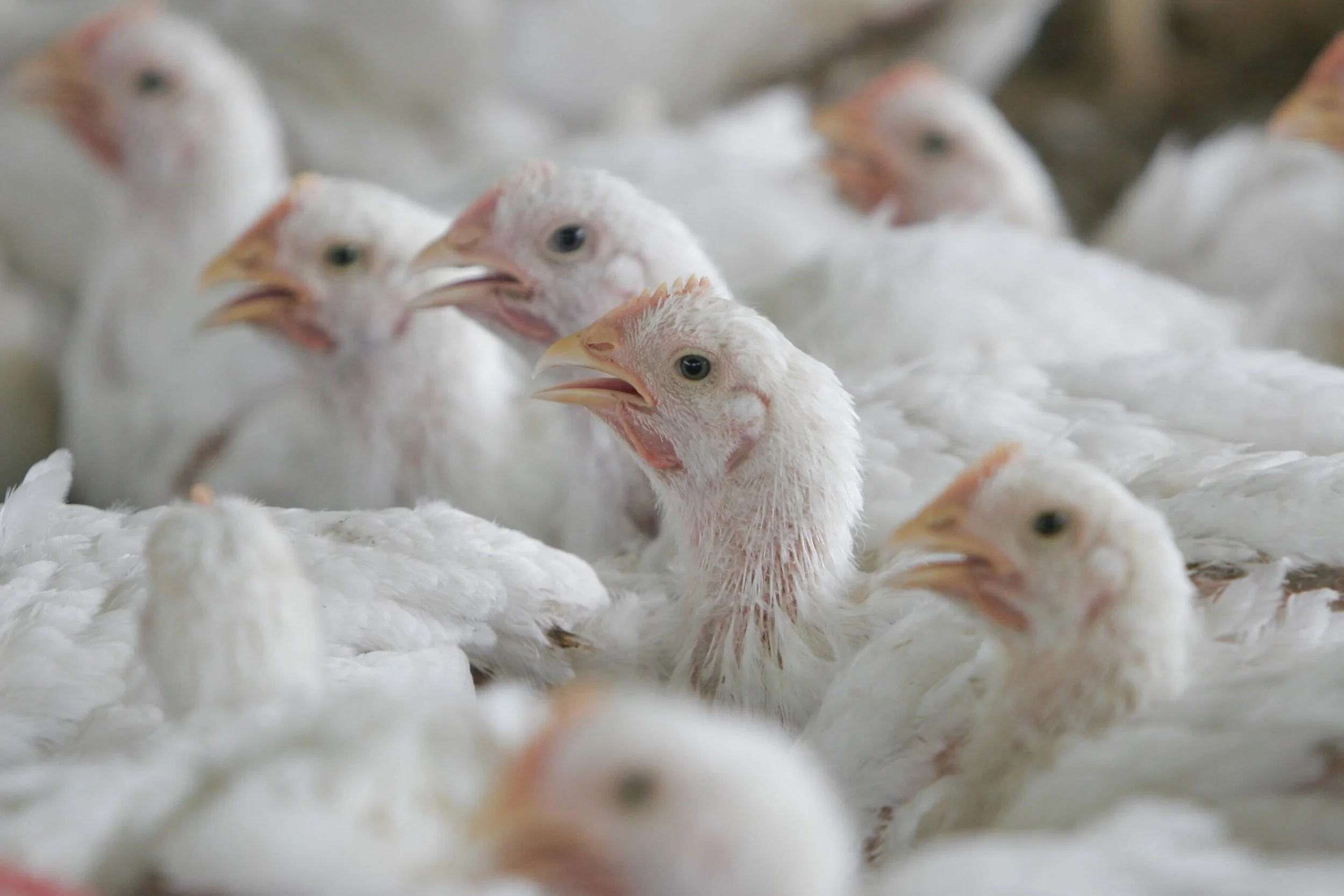

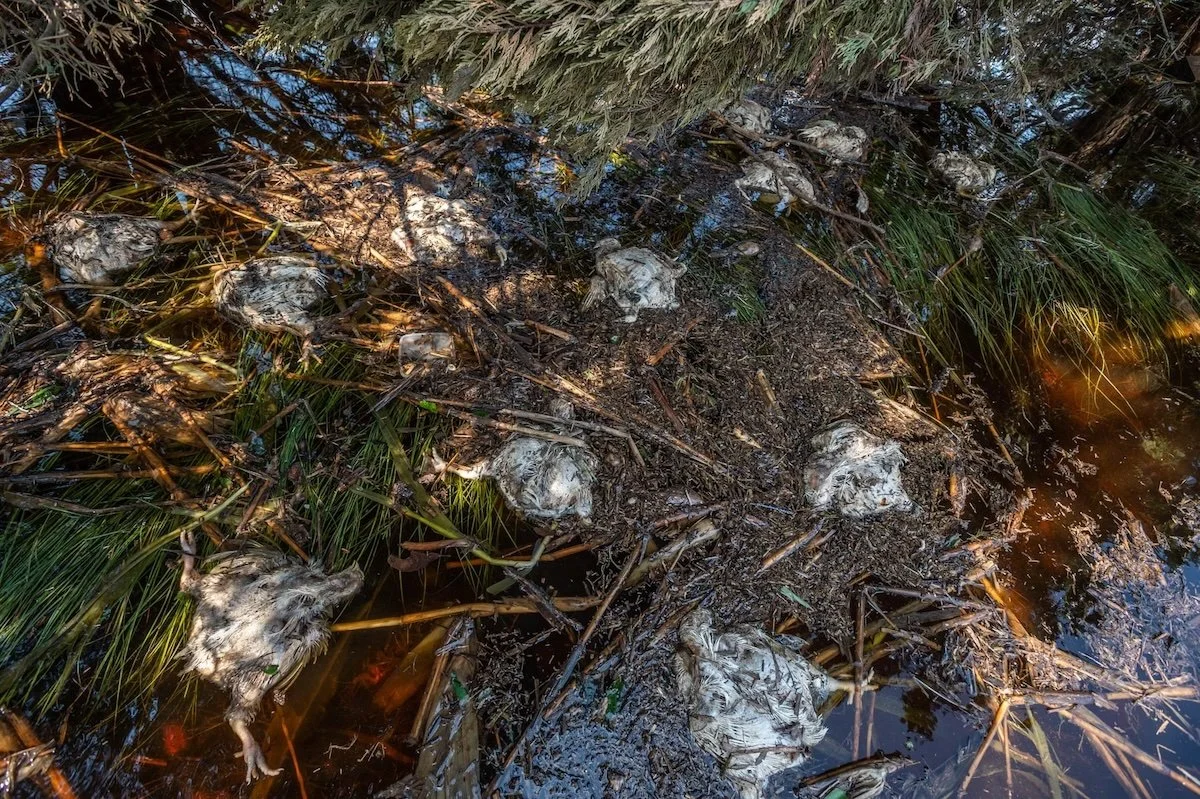
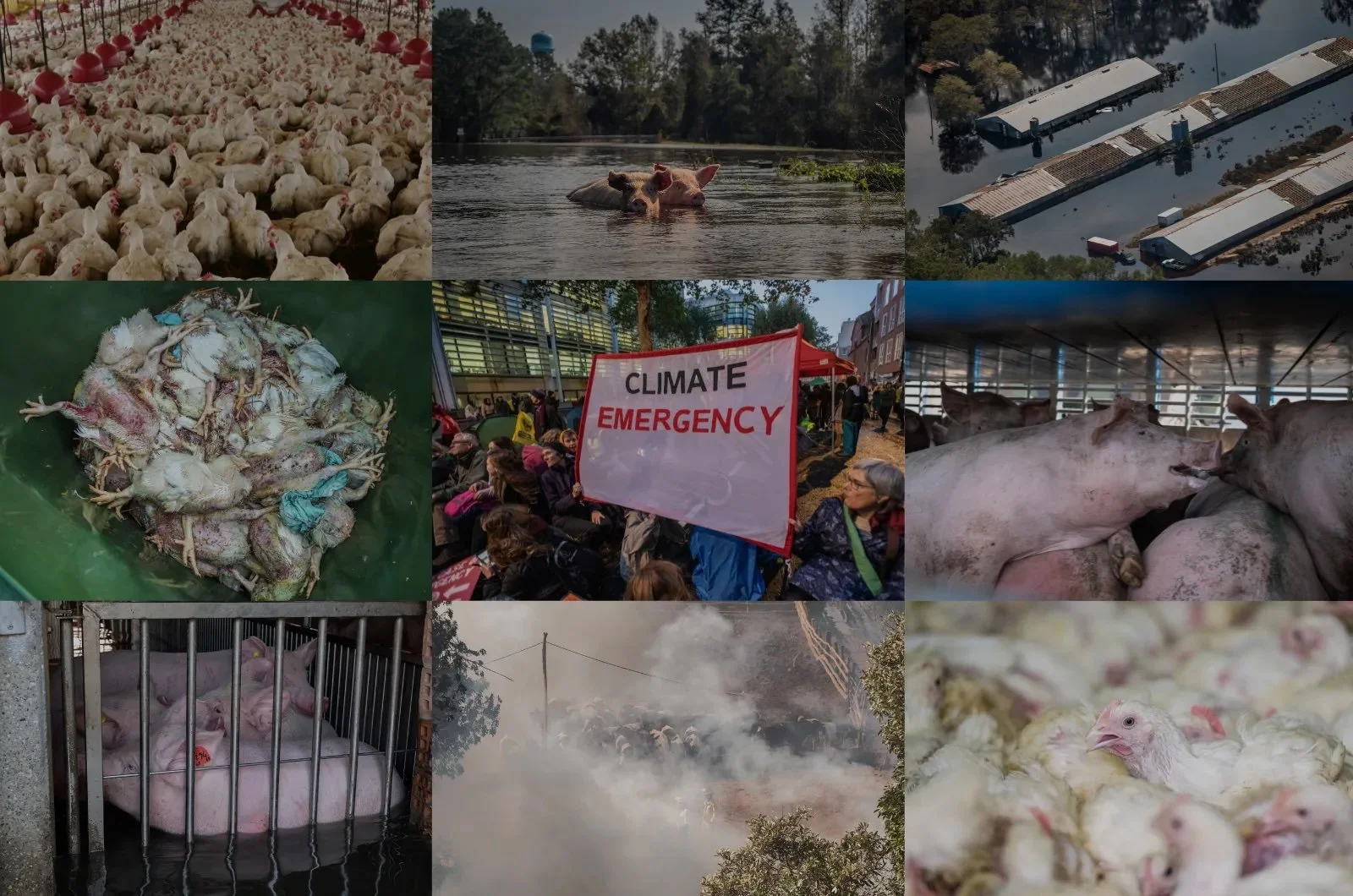
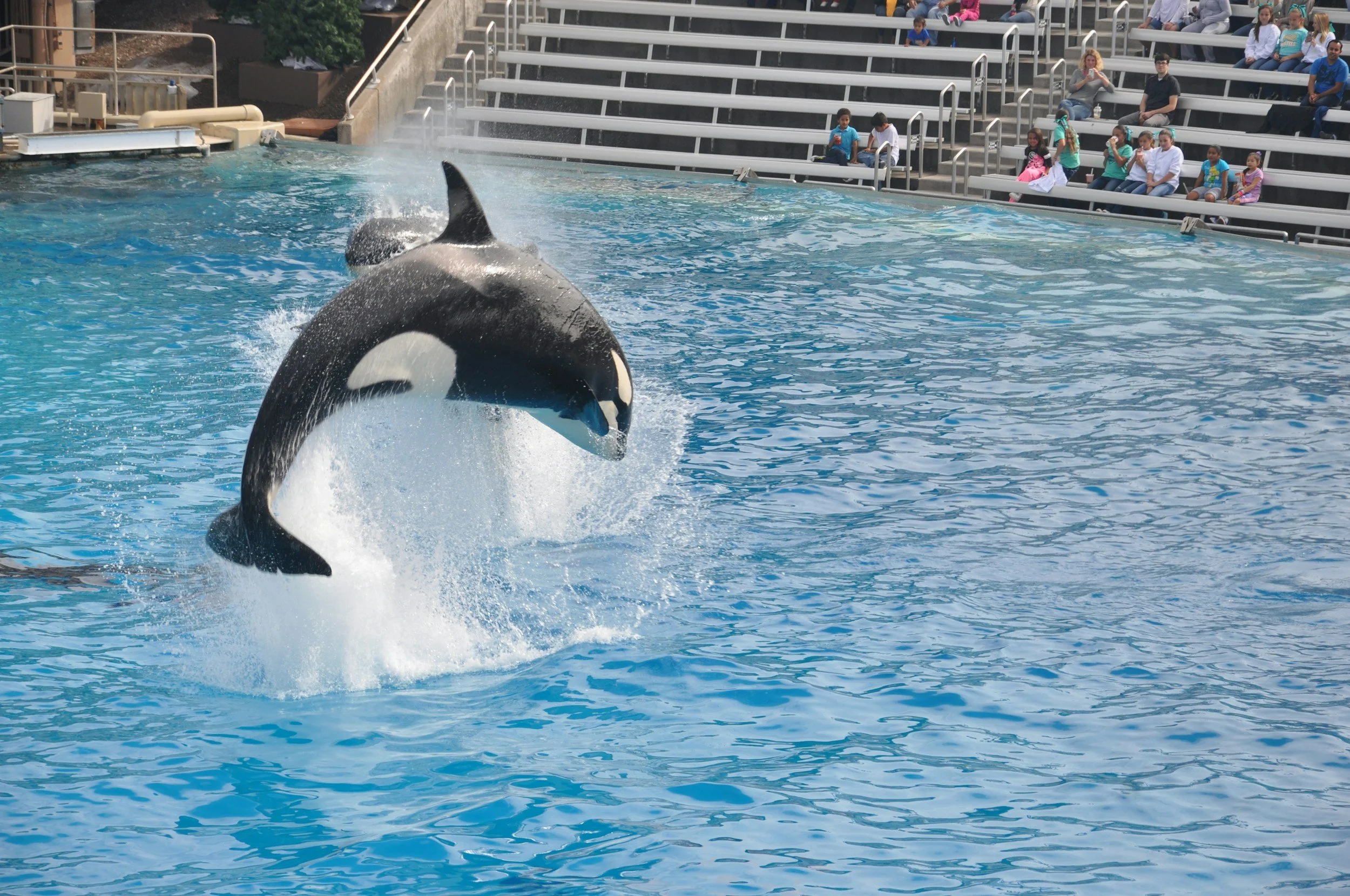
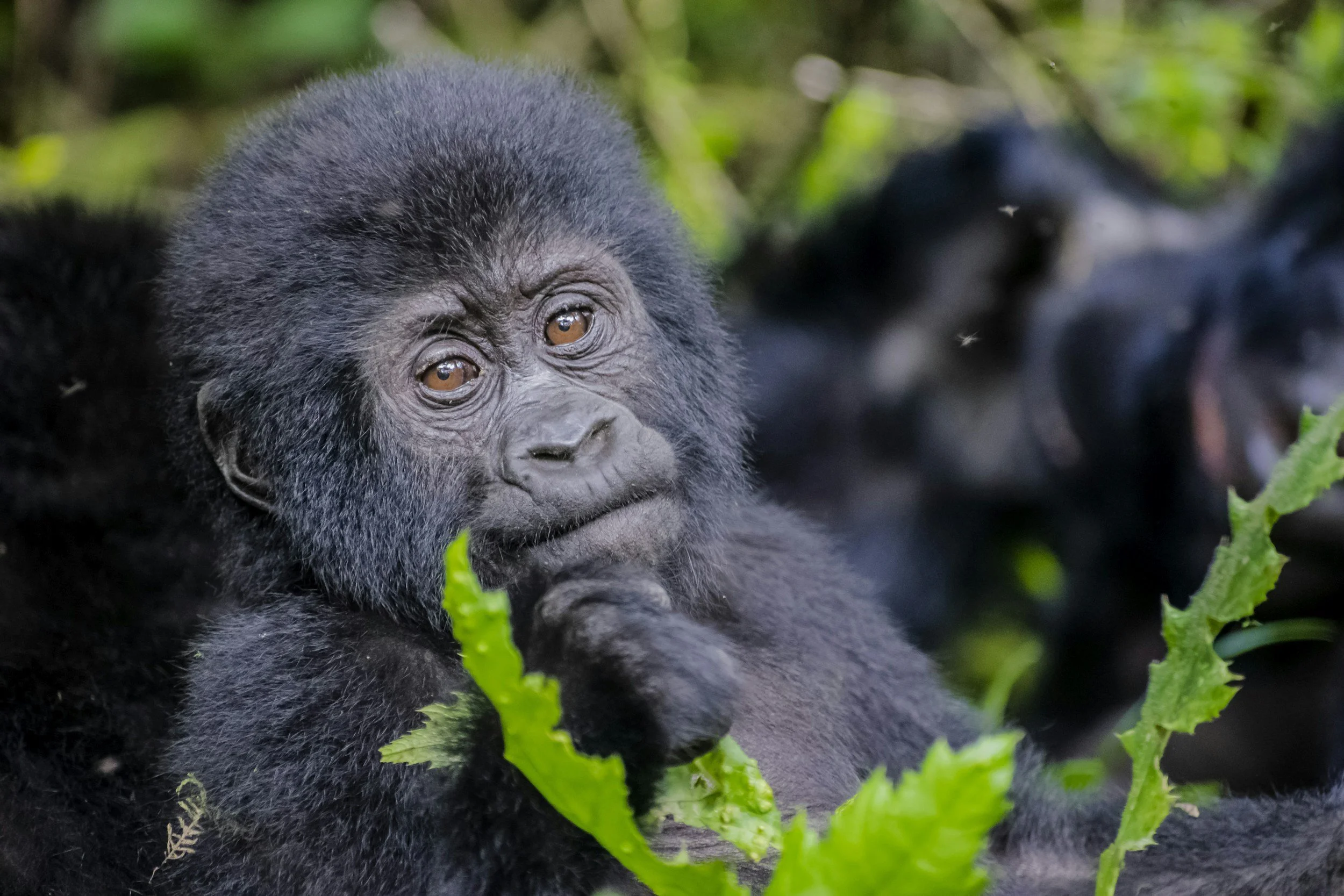
A judge has issued Pennsylvania’s first habeas corpus order for a nonhuman animal, advancing NhRP’s fight to move five African elephants from the Pittsburgh Zoo to a sanctuary.